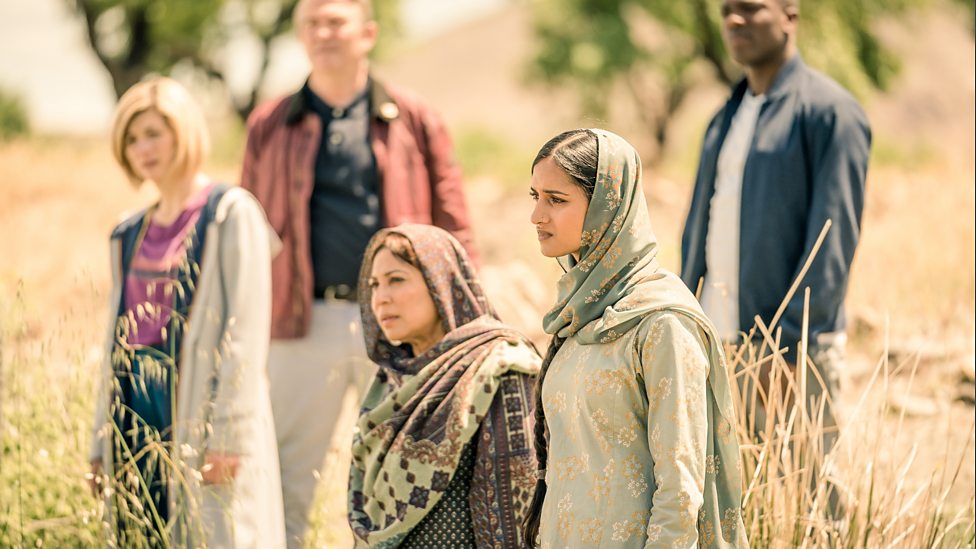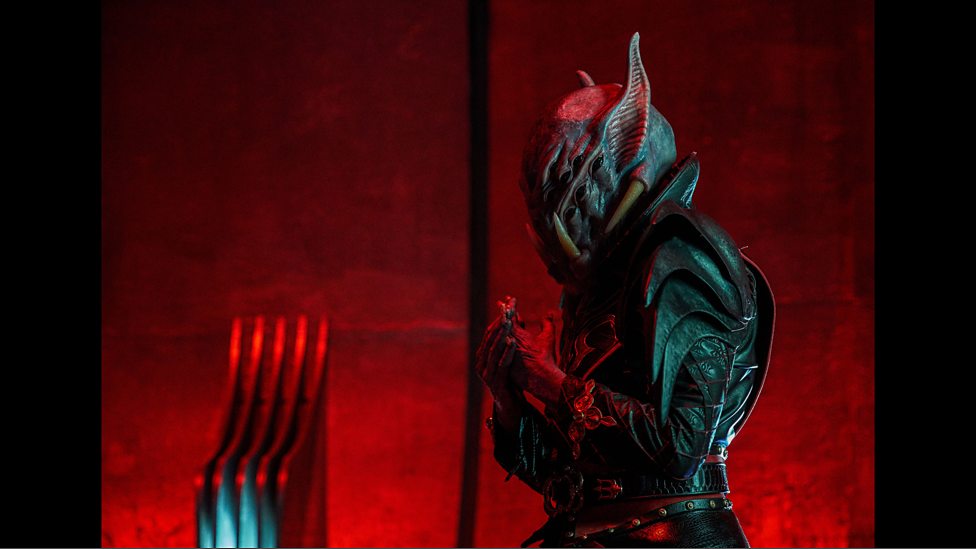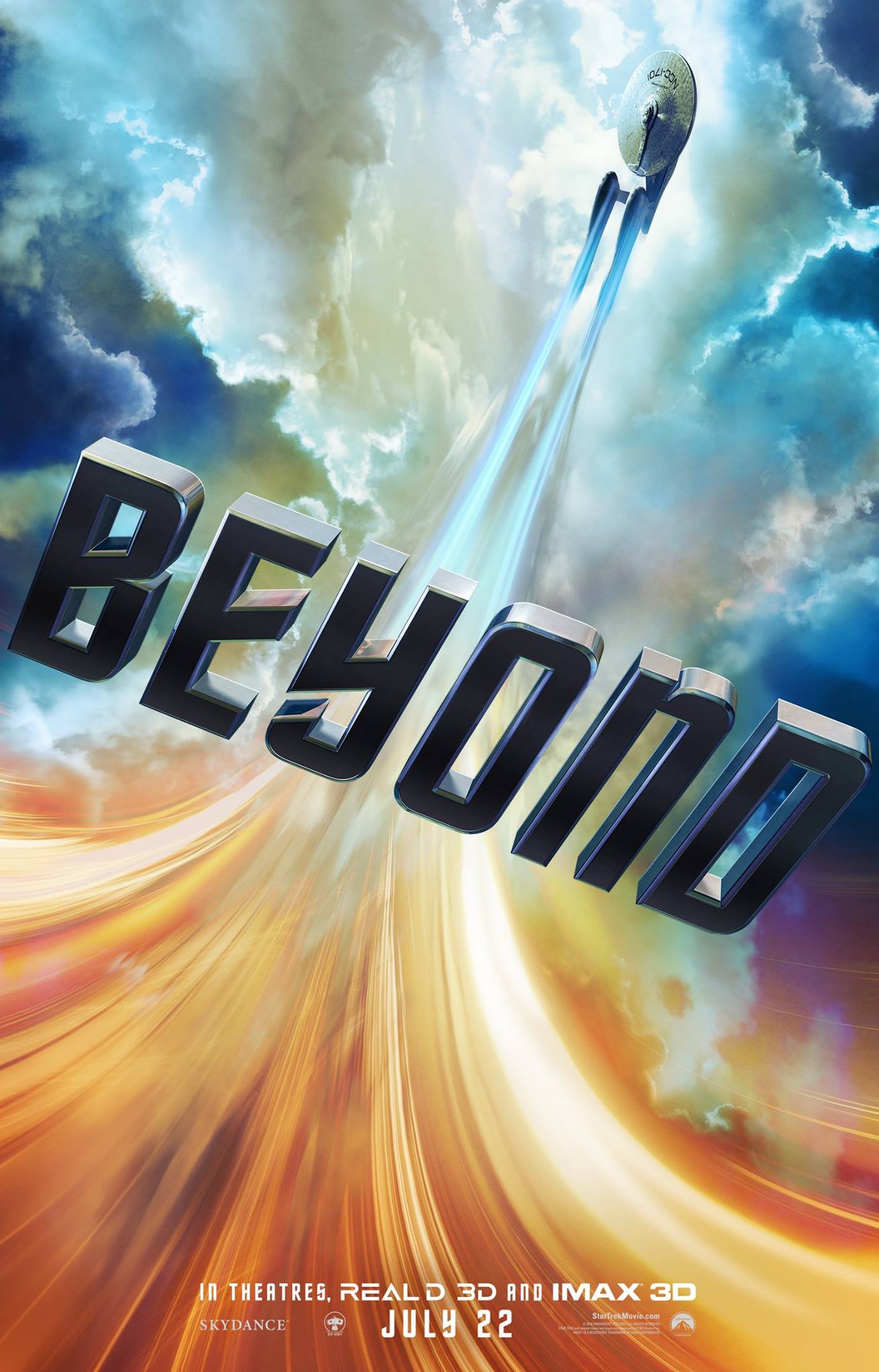Forward: It has been honestly years since I last posted something on this site. I want to thank everyone who has been curious despite the inactivity, and with some recent vigor this might change. Time to bring back something that was once a ritual for me with a review.
For most of my life I've always found science fiction to be one of the most magical of genres. From the medieval space adventures of Star Wars to the FTL-less explorations of space of Leviathan Wakes. Hard or soft, plausible or magical, whether Star Trek has been a wagon train to the stars or Stargate with more space ships, science fiction has had a rather unique position in the cultural sphere.
This is what particularly hit me with tonight's Doctor Who episode Demons of the Punjab.
First off, I can already imagine some might see political commentary in this episode. I've kind of had my head in American politics for a while and I can see the episode's mention of "angry men on the radio" speaking of something seen in divides on both sides of the Atlantic Ocean. This is something the latest season of Doctor Who has been doing though I personally though find this is one of the strongest series to date. Despite the messages laid within we've had some a very compelling and emotionally gripping stories.
It goes without saying, if you have not seen the episode then I'm going to be dropping a few spoilers.
Sample 1: So far the series has been in plenty of remote locations. But this has its advantages. [BBC, 2018]
This episode is set in Lahore as the Partition of India gets underway. It's 1947. The separation of Pakistan from India after tension between Hindus and Muslims reaches a boiling point. The British Empire is waning, only just starting to recover from the Second World War while memories of famine remain fresh on local minds. But a lot of these tectonic shifts are largely in the background for the episode - the partition is explored by the Doctor's Pakistani-British companion Yaz discovering her grandmother's husband was a Hindu, and the division this creates with her grandfather's younger brother, a staunch Indian patriot. About halfway through the episode, it is brought up that this younger brother has his head deep in the revolutionary words spoken over the radio. He doesn't say any creative slurs (which has been all too easy in modern political discourse), but he does make it clear his vision for his country does not include his Muslim neighbors. Not only that, but while angry radio voices are mentioned, it isn't argued if these voices are right or wrong in what they say.
Fear and anger can spur people to do terrible things. As we find out.
Science Fiction, for me, is at its best when its story is three things: Mindful of the past, thinking of the future, and observant of the present. Some of my favourite stories in science fiction use the past or the future to hold a mirror up to the present. The Partition of India was not pleasant, there was a lot of unrest with the establishment of these two nations. Lives were lost, blood was shed along the new border, but Demons of the Punjab never shows this. Not even at the climax when history's course reveals itself do we see a life lost on screen. The unrest is invisible yet its effects are a driving force of the plot. When we discover it was not the visiting aliens who killed a local holy man, but a man who believes he is doing what is right. Two thirds of the way through, the demons in the title are implied to not be the visiting aliens, but human beings who would make their neighbors to be monsters to build their vision of a brighter future.
Having grown up in a household with rich thoughts on the wars, what comes to mind for me when Yaz's grandfather tries to talk sense into his brother are accounts in the Great War where soldiers of both sides came to realise the enemy weren't so different from themselves. This is something at the forefront of my mind, especially as on this particular celebration as the London ceremony was graced by the president of Germany. At the ground level, whatever your leanings be they spiritual, social or otherwise, the ones who think or sit differently likely have the same problems you do. Others may disagree with your ideas, but that does not make them something to remove.
The story is not all about political division and the atrocities which can be committed in the name of a righteous vision. At first it seems like the "demons" of the episode are the aliens. Which the Doctor describes as an ancient race who have molded themselves into the perfect assassins (which makes them peers of the Weeping Angels and the Carrionites). Turns out these assassins reformed after finding themselves on the verge of extinction. what is left now wander time and space collecting imprints of people who have died alone. They didn't come because Earth was special or that they had an interest in someone important. Yet they were very civil once their true nature was revealed, which just goes to show that a dreaded reputation does not mean you are dealing with heartless monsters. On the day the participating nations of two devastating wars take time to remember the fallen, it warms the heart to see a group who would trek across space and time to do the same for everyone who has ever lived or shall live. Not just soldiers or those in service, but everyone who departs out of reach of those who care about them.
Sample 2: Not all which is alien are monsters. Not all monsters are alien. [BBC, 2018]
The eleventh of November is a time to remember those who gave their lives to protect their homes and their families. Risking everything but getting caught up in the maelstrom of war. The catalyst was a war to end all wars that ended nothing. The soldiers who fought in it do not choose who to fight, and the ones they are set up to oppose are probably no different from they are when you strip away ideology or higher-level principles.
Demons of the Punjab held a mirror to what we're doing to ourselves right now, but it was also a welcoming tribute to those who gave their lives to protect those they cared about or those who helped the unfortunate, who in their final moments had no one beside them. Offering a light that maybe we are not alone in this remembrance. However your Sunday has been, remember this as a day of remembrance of all the fallen for all the nations.
Image Sources
- 1: BBC, 2018; [So far the series has been in plenty of remote locations. But this has its advantages.]; image name: p06qxd48.jpg available at https://ichef.bbci.co.uk/images/ic/976x549_b/p06qxd48.jpg (last accessed 11th November, 2018)
- 2: BBC, 2018; [Not all which is alien are monsters. Not all monsters are alien.]; image name: p06rf6f7.jpg; available at https://ichef.bbci.co.uk/images/ic/976x549_b/p06rf6f7.jpg (last accessed 11th November, 2018)






